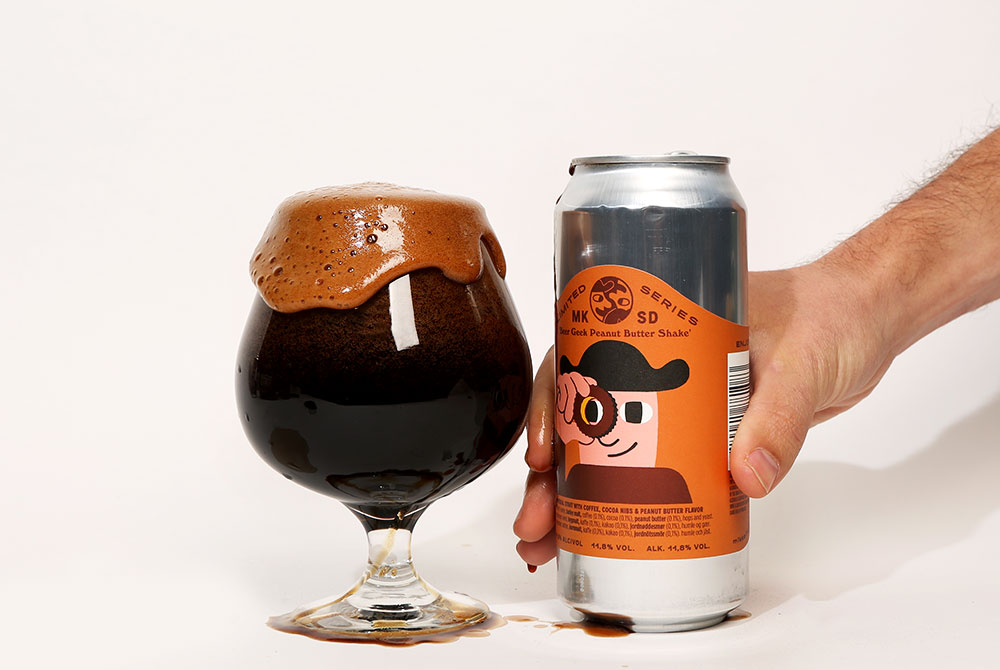Shop
The Beer Lover’s Guide to Contract Brewing
Setting the record straight when it comes to contract beer.
“Contract brewing” is an unjustly loaded phrase that, to the ears of a chunk of craft beer nerds, means “less than.” In the eyes of armchair beer judges, contract beer is D-tier and only ever will be. Beer brewed on a contract is beer brewed by folks too sloppy to just open their own damn brewery; it’ll never measure up to beers produced by actual brick and mortar businesses because contract brewers don’t exercise the same quality control measures, or can’t, or won’t. Whatever the case, the stigma is real.
But it’s also horseshit. Contract brewing puts an obstacle course in front of the brewers in terms of getting their beer made, distributed, consumed, and ultimately respected by beer geeks. But any brewing model comes packaged with its own set of challenges. Contract brewing, in that regard, is just brewing.
Today, contract brewed beer is every bit as good as the beer you get from your favorite neighborhood brewery. And, in fact, a portion of contract brewers probably make their beer at your favorite neighborhood brewery without you realizing it. Contract brewers are out there. Contract beer is out there, and it’s damn good, too.
The stigma has slowly faded over time and more so now than ever, contract brewing is increasingly legitimized in craft beer communities. What’s still in question is, well, everything. Just what is contract brewing? How does it work? Who benefits from the symbiotic bond between the contractor and contractee? And why can contract beer be so tasty in 2021?
So, What Is Contract Brewing?
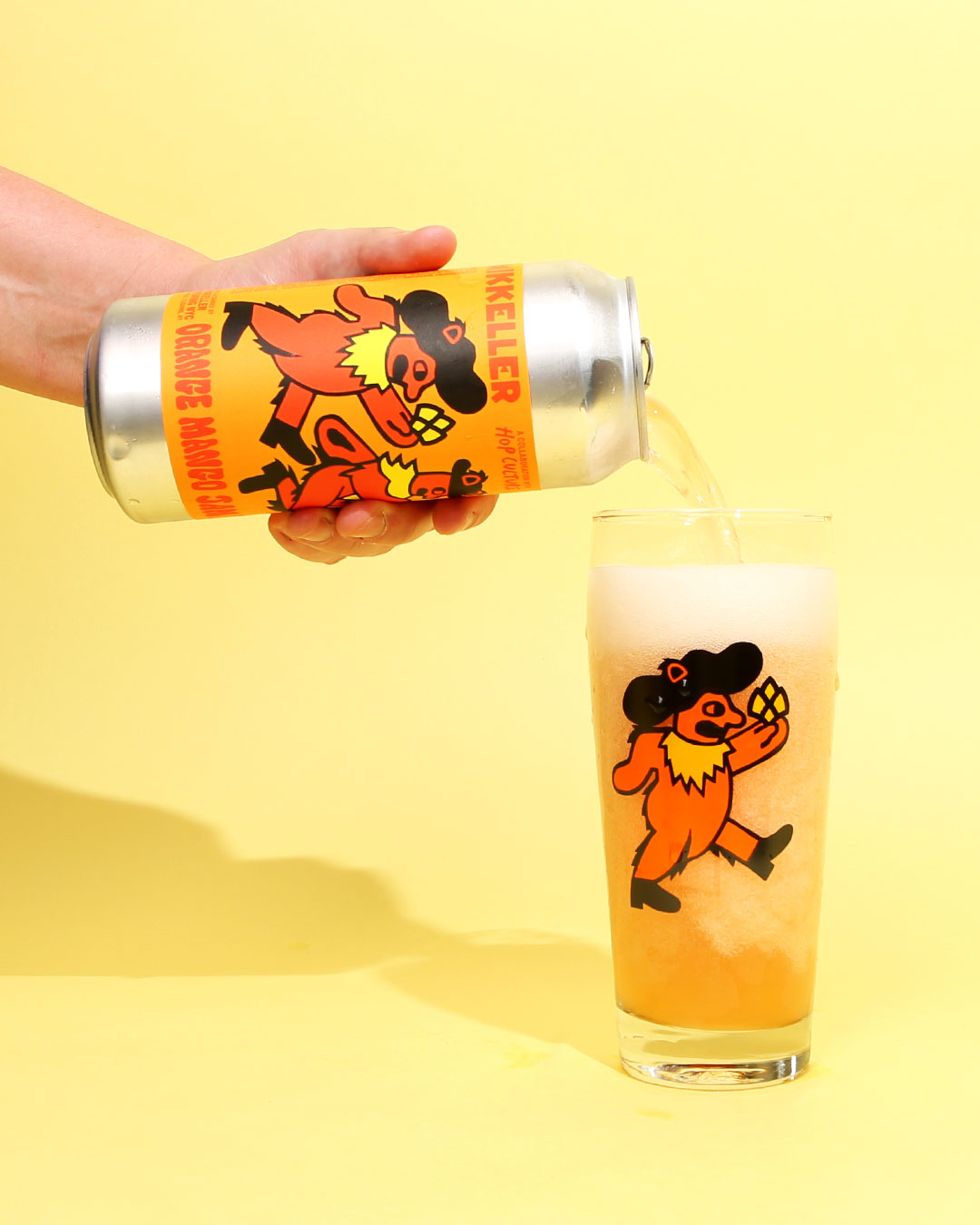
“Brewers generally choose to become contract brewers to avoid the hassle of running a brewery,” says Jacob Gram Alsing, COO of Mikkeller, a Copenhagen brewery that got its start contract brewing. This is arguably the best reason to contract brew, but there are others; drumming up the cash to start a brewery isn’t easy, for instance, and if it was, nearly everyone would do it. Finding a spot for housing a brewery isn’t easy, either. And as Alsing succinctly puts it, even with all things being equal, some folks just aren’t managerial types. They’re happier brewing beer than they are overseeing brewery operations.
So think of contract brewing as a magical bond between a brewer missing a brewery and a brewery with extra room for a spare brewer. In short: A contract brewer comes up with a recipe and cuts a deal with a contract brewery. They then in turn produce the beer, can and bottle the beer, and sell the beer on the contractor’s behalf. It’s similar to how a filmmaker, for instance, shoots their movie and cuts a deal with a distributor to take it out for exhibition. Is it “brewing” the way that an organized brewery makes their beer? Not quite. But the end result is the same. Frosty beverages for all.
How Do You Start Contract Brewing? The Economics Behind It All
Now to suck all of the fun out of the room. Like anything else in the brewing world, the contract brewing enterprise ultimately boils down to what’s equally the most boring and most important component of conducting a business: Money.
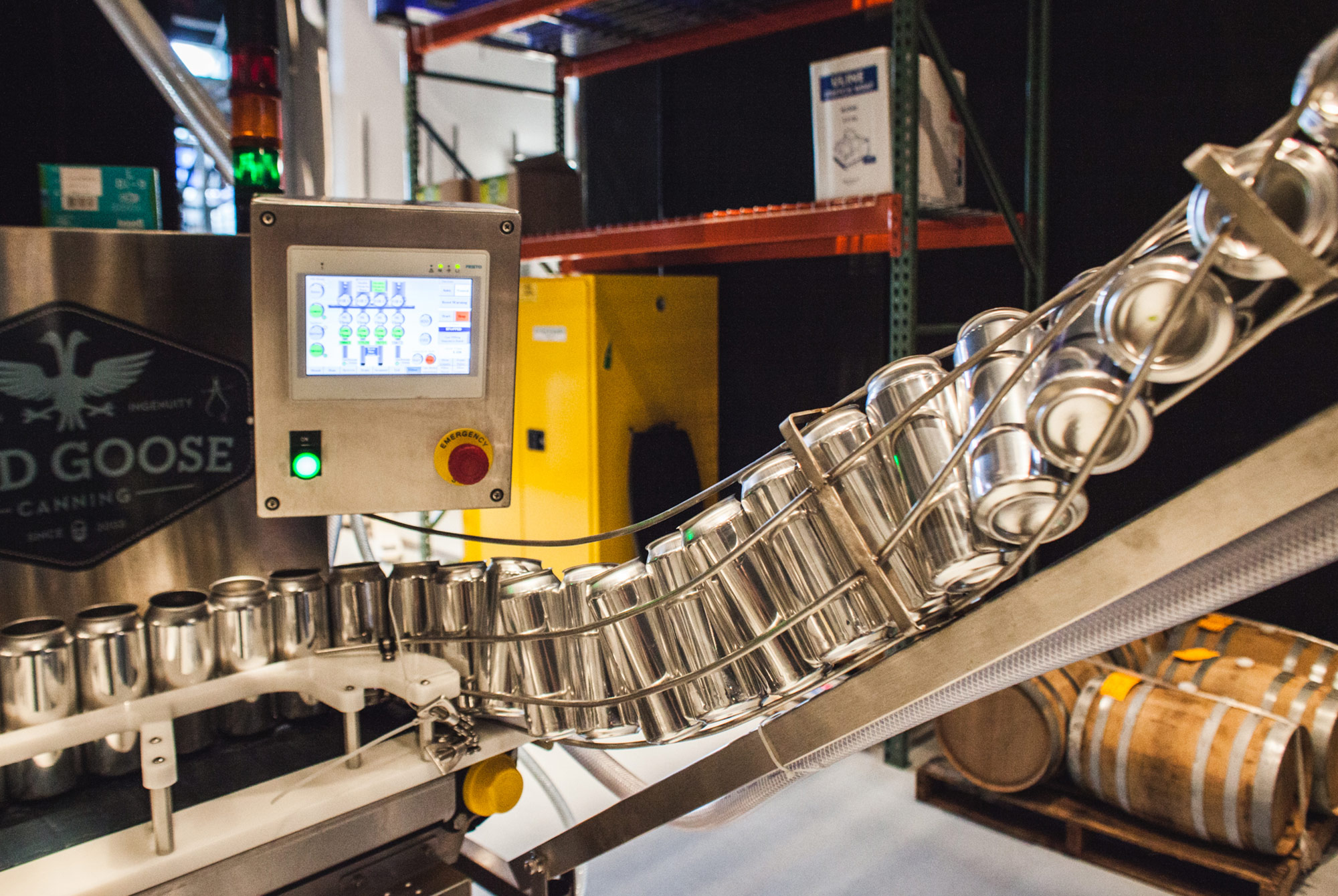
Al Maka, owner of AJ Maka Distributing in Bolingbrook, Illinois, started his company because, in part, “the big guys, they see no money in shipping half a pallet and selling half a pallet to people.” His mission is representing smaller breweries and contract breweries. The little guys who don’t have the muscle needed to move their beer across regions for consumers to purchase. He has a simplified version of how contract brewers and breweries both make a profit off of teaming up. “The contract brewery just has their price that they sell to the brewery,” Maka explains. “And the brewery has the price they sell to either their distributors or their retailers or the public for that matter.”
Of course, the commercial side of contract brewing goes deeper than that. Contracts have to benefit both parties.
“In terms of economy,” Jacob Gram Alsing clarifies, “the contractor and contractee have to share the margin, so the entire business case is different. But there are a lot of costs for both parts that are not necessary. Obviously, equipment and brewing staff, but also marketing and sales staff for the physical brewery.”
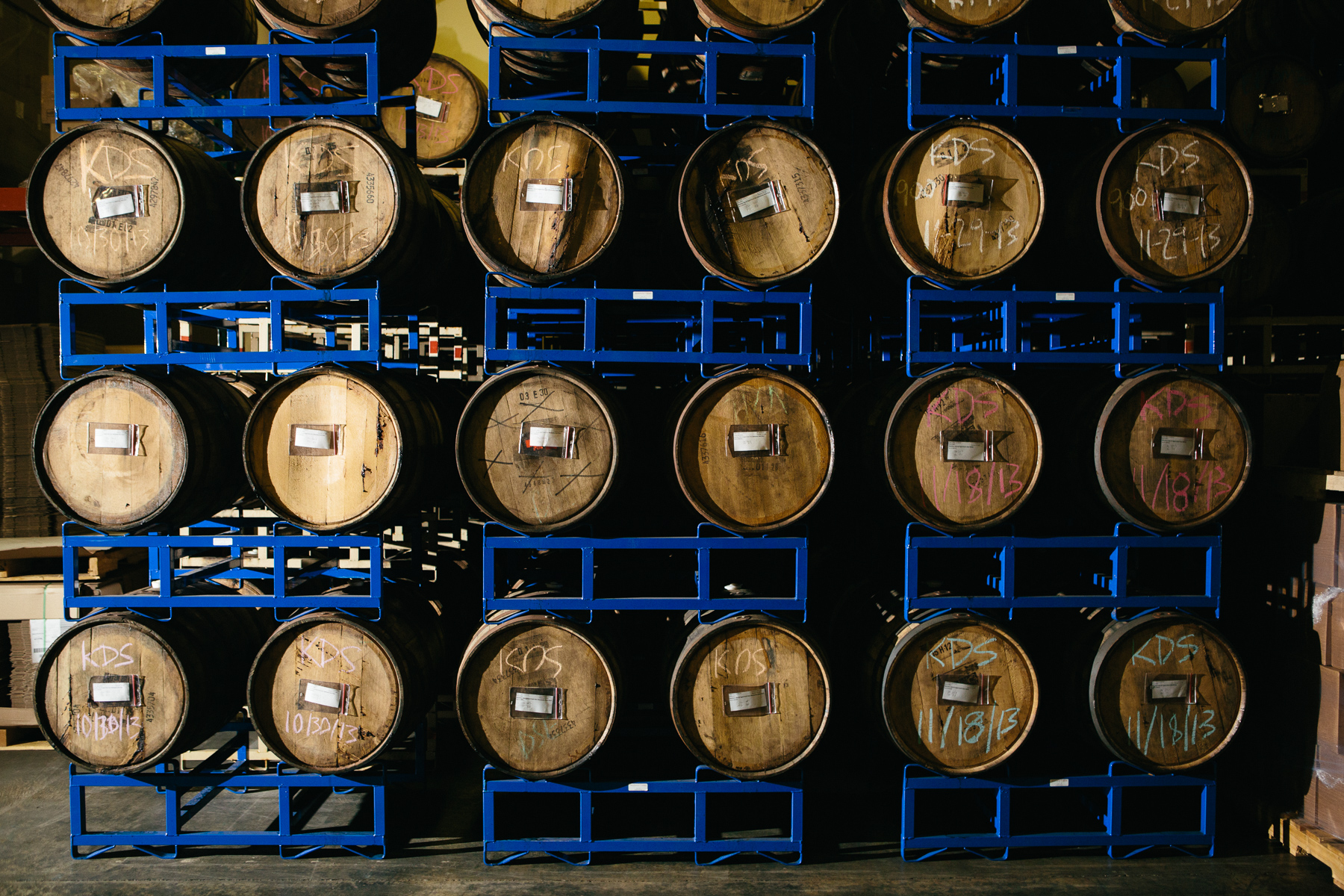
Costs depend on the contract itself, too. Not all contracts are written equally. They vary from brewery to brewery, and hinge on the contract brewer’s needs, too.
A Contract Brewing Case Study: One Size Does Not Fit All
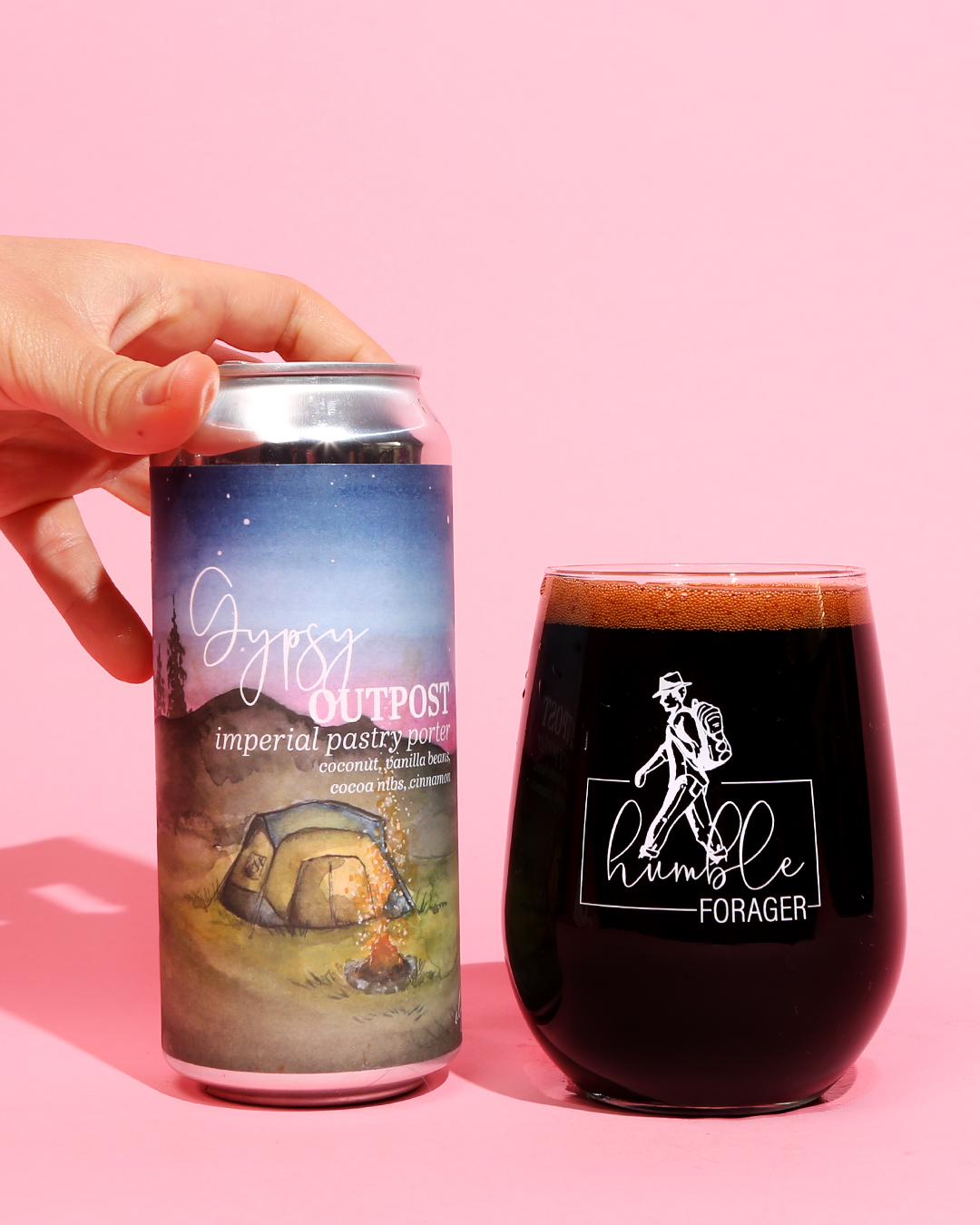
Austin Jevne, head brewer and owner of Humble Forager Brewery, a distribution brewery in Rochester, Minnesota, knows his way around contracts of all stripes. He has a contract with Fair State Brewing Cooperative in Minneapolis, and with Octopi Brewing in Waunakee, Wisconsin. And the two are like night and day.
“Because [Fair State] are their own brand,” Jevne says, “our contract works a little differently there, where I fit in when they have an empty tank in their schedule for the allotted amount of time I’d need for the beer I make.” He buys all of his ingredients himself, from hops to yeast to grain to adjuncts, and brews at their facility when the facility has space for him; they don’t have staff on hand, either, to devote themselves fully to his brand and pay excise taxes for him. That’s his responsibility.
Meanwhile, Octopi handles everything for him, but that makes sense. They’re a state of the art contract facility that only brews contract brands. Unsurprisingly that means the contract is more expensive. “Octopi brews all sorts of different beverages, not only beer, for all sorts of different clients,” Javne says. “So I’m technically paying, I think, a little bit for all of that equipment, even if I’m not necessarily using it.”
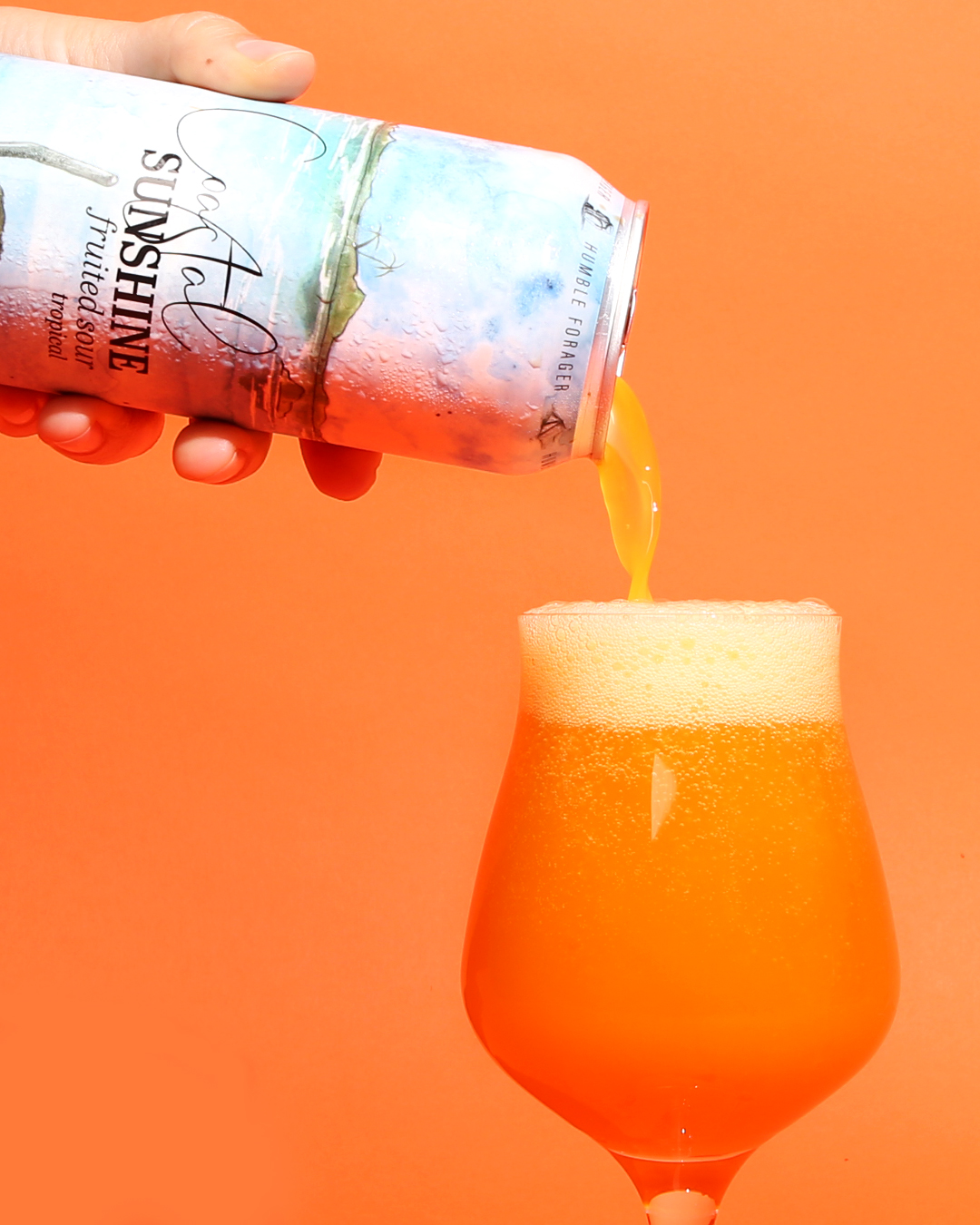
With Fair State, Jevne eats the cost of materials while paying for rental space. With Octopi, he’s paying for the entire brewing process from malting to shipping. That’s what brands like Octopi are for, after all, so their contract is mutually beneficial. Javne supplies the idea for the product, Octopi makes it, he gets to competitively price his beer in the market, Octopi grows their brand, and everyone goes home happy.
Fair State being its own gig, the contract is somewhat different, but Javne’s philosophy is simple: “If you have an empty tank, that’s an unhappy tank.” If Fair State isn’t using all of its gear, it isn’t maximizing profits, so a contractor like Javne can step in and fill up that tank with delicious beer and, again, everyone goes home happy.
Matt DeLuca, head brewer of Norwood, MA’s contract-friendly Castle Island Brewing Co., echoes that “both sides” sentiment, validating the symbiotic relationship contractors share with contractees. “I think we can do a lot of things well and provide a service for people that don’t have their own brewery for sure,” he says. “Especially if we have the capacity. Those empty tanks don’t do anyone any good.” Frankly, this dynamic argues in favor of contract brewing not only as commercially viable, but even necessary for the health of the craft beer industry.
So what’s up with the bum rap?
Is There a Stigma Against Contract Brewing?
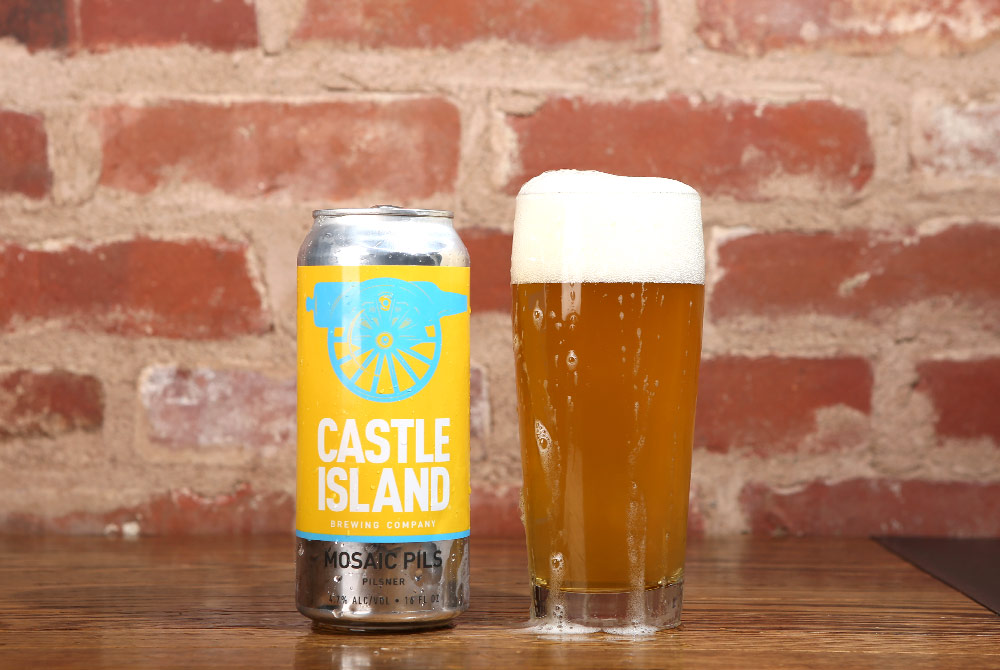
DeLuca sees the stigma as “inside baseball” rather than a customer concern. “I think if maybe you’re young and unaware of the general cost to produce beer, and the overhead that’s involved with building your own brewery, [contract brewing] may come off as a lazy way out,” he says.
Alternatively, he suspects that people, whether industry types or beer geeks, hear the term and assume the brewer doesn’t know what they’re doing. But he knows from experience that this isn’t the case. Until last year, DeLuca contracted with Matt Smith of Beverly’s Wandering Soul Beer Co. Smith started out making beer on a pilot system in his backyard shack before striking a contract with Castle Island.
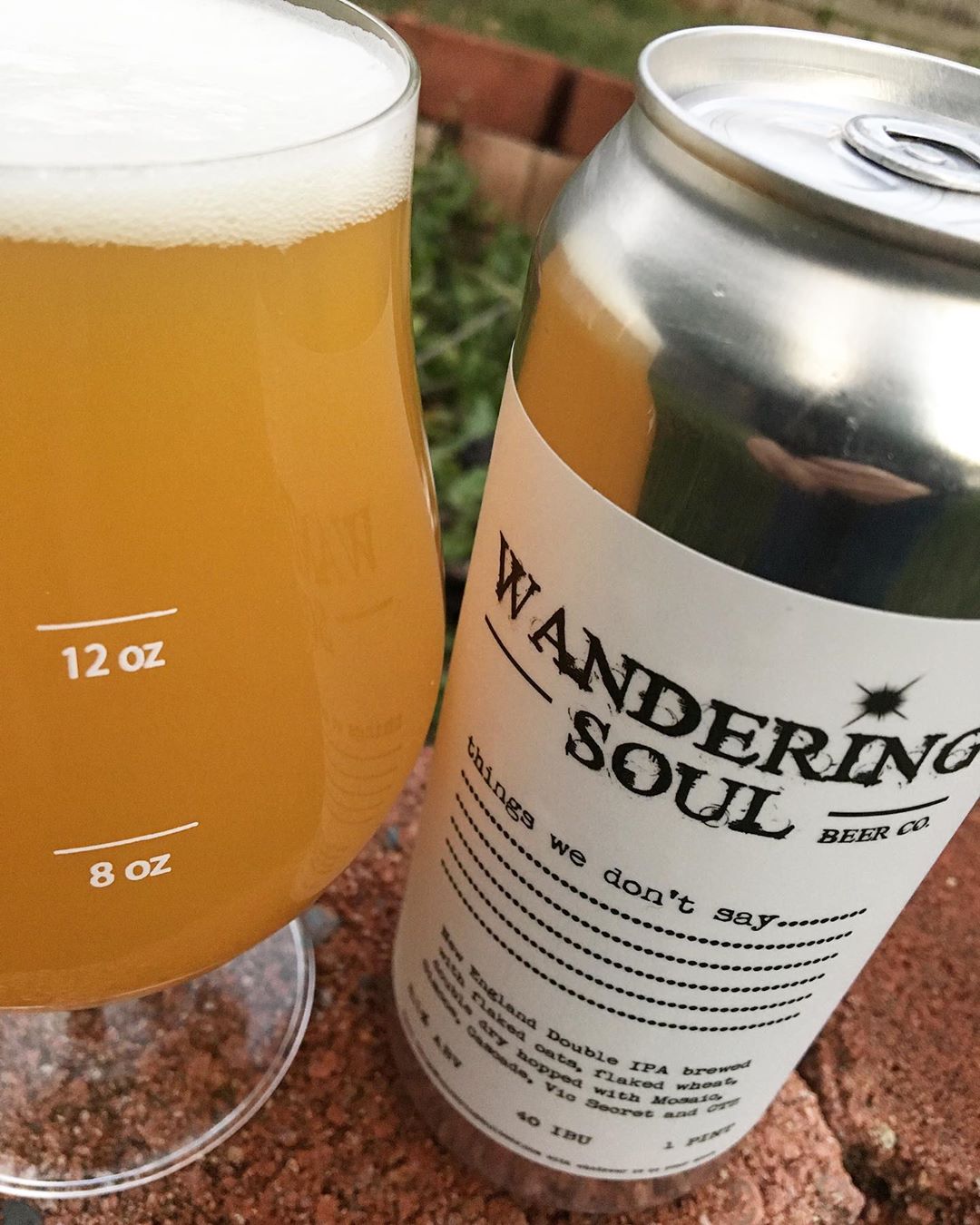
Smith sees that stigma, too. In fact, he points out, that stigma’s at least as old as none other than Sam Adams, which started life as the Boston Beer Company’s flagship brand and as a contract brewery. (It’s likely older than 1984, too, but that’s the date we have.) Sam Adams wasn’t actually brewed at their Jamaica Plain location. It was brewed in Pennsylvania.
What Are the Drawbacks to Contract Brewing?
Part of the complication Smith sees in untangling contract brewing lies in the web of business relationships that make up a contract. “It’s changed over the years,” he notes, “but there are just so many brands out there that it’s hard to keep track of who owns what, where it’s being made, is it being made where I think it’s being made?” A brewery might say they’re from Californian, but they might also have another location in North Carolina where the beer gets made, which muddies the waters further and makes identifying contract brewers even more difficult.
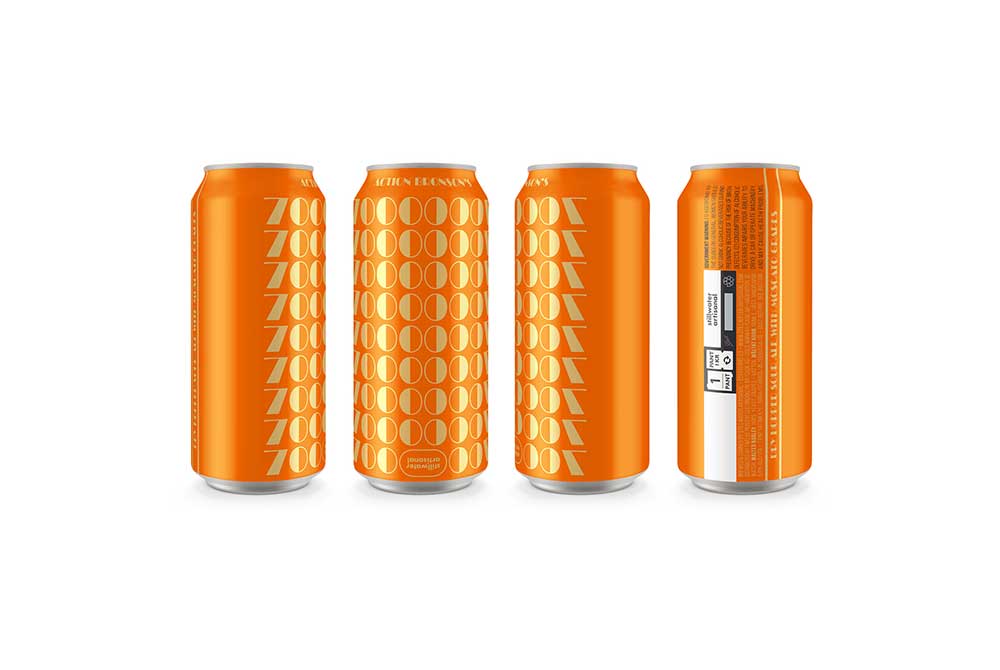
Making matters knottier is perhaps the number one hurdle contract brewers have to overcome: The lack of a physical space to call their own. Stillwater Artisanal Ales owner Brian Strumke, erstwhile musician and current entrepreneur, is familiar with the consumer-side confusions of not having an actual location.
“When I first started, I would go to beer festivals,” Strumke recalls, “ and it was so frustrating because the first question everybody asked is, ‘Where is the brewery?’ That’s just the obvious thing.” He wanted Stillwater to be as ubiquitous as Coca-Cola, a drink so well-known that no one ever pauses to wonder where the hell it actually comes from. That’s a lofty ambition, and admirable, but craft beer being a smaller market than carbonated sugar water, consumers do want to know the source of origin. They care about it. They might care a little too much about it.
Peter Licht, brewmaster at San Jose’s Hermitage Brewing Company, one of California’s top 25 production breweries by sheer volume, connects the emphasis on ownership of a physical brewery to a form of sentimentality. “The way the industry has developed over the last 30 years or so,” Licht explains, “there’s a lot of romantic association with stainless steel tanks, and having a whole bunch of them and filling them up with your beer, and that’s how you get your share of the market.”
Other industries, like food and wine, favor contract production all the time. But only the craft beer world waxes nostalgic over the idea of every facet of production taking place within the walls of the brewery. Licht’s a beer veteran and, if you asked him, he could probably rattle off more names of people who’ve contracted either as a producer or purchaser than he has fingers. And that’s another example of the stigma in action. The absence of transparency creates wariness of the product.
Contract Brewing’s Importance in the Craft Beer World
For someone like Matt Smith, it’s important “to be transparent about what I’m doing, but also the motivations behind it.” (Smith began brewing from a shack in his backyard as a way of coping with the loss of his daughter at 8 and a half months in utero.)
One cheap, easy, and thoroughly enjoyable way of creating transparency is through social media, Instagram in particular.
“Instagram is the new television,” Strumke says. The app’s constant data scroll combined with how beautifully beer photographs make Instagram a terrific platform for building a fanbase for your beer and thus breaking down transparency barriers between you, the contract brewer, and the audience, the people you want to buy your beer. (For example, Strumke credits Instagram with kicking off the hazy IPA craze. You drink with your eyes first, and seeing something on their feed “that looks like orange juice, but it’s marked beer” whipped up enough curiosity to give the style its footing.)
Licht, on the other hand, prefers anonymity. Out of acknowledgment of the stigma, Hermitage prefers not to reveal who they contract brew with. “Everything’s confidential,” he says. “We don’t care if our contract partners go out and sing to the mountains that we’re making their beer, and some of them have! Some of them are very proud to have us make their beer and let everybody know about it. But we don’t want to make that decision.”
Transparency, in other words, matters, but it’s not up to Hermitage to provide it. That’s up to the contractors. And in a way, Licht’s anecdote proves that contract brewing is worthy of respect and attention. If breweries can take pride in brewing contract beer, then beer enthusiasts can take pride in drinking it. It also helps that contract brewing quality has improved.
Al Maka asserts that “contract breweries are making beer exactly how you would make it at your place with almost even better quality control and shelf life the breweries can do themselves.” Contract breweries are evolving, and as they evolve, the inferiority stigma has started to fade. As important as it is for the beer itself to be good, it’s perhaps more important for the contractors and breweries to share the same gratification in the beer.
The Bottom Line
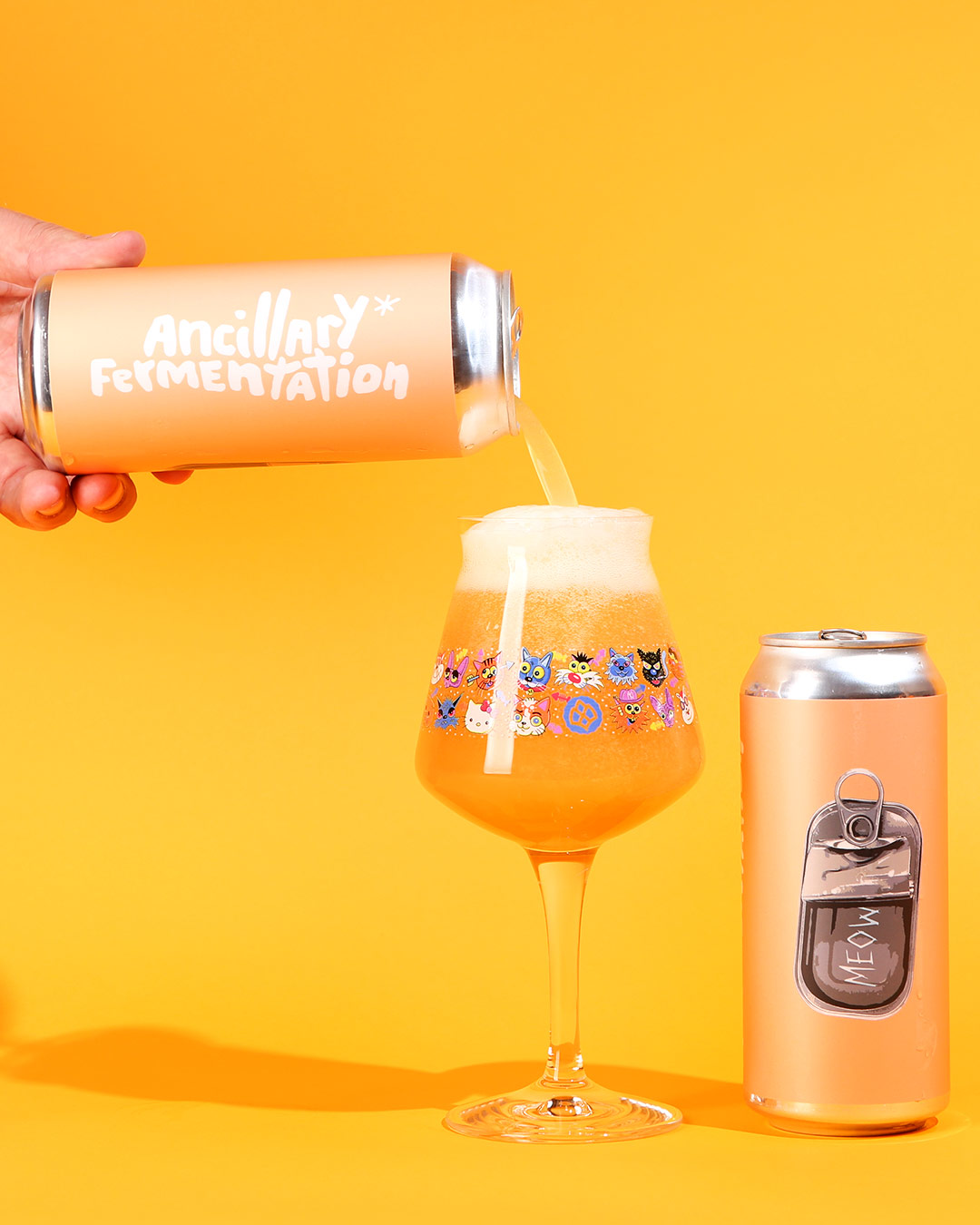
It helps to think of craft beer as a fragile ecosystem, and to think of contract brewing as one way of strengthening that ecosystem and making the business better. “You’re helping out, in most cases, a younger company, or you’re helping out someone that’s in transition, or you’re helping out someone that has this cause, that has this calling, that wants to bring it to life,” Matt DeLuca says. The more good beer in the world, the better the world; the more breweries can help contractors get their names and brands out in the world, the better the craft beer industry will be.
Liked this article? Sign up for our newsletter to get the best craft beer writing on the web delivered straight to your inbox.

